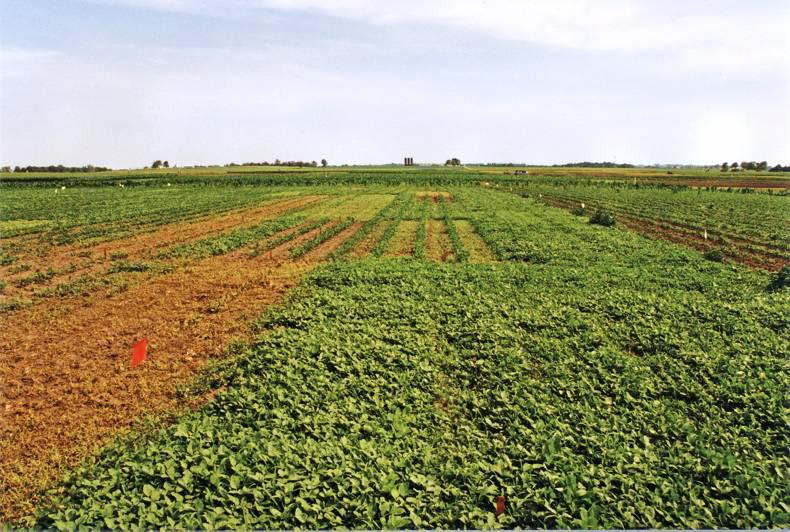The announcement comes in the wake of new rules on GMO that were adopted by the Council this week. These new rules give EU Member States greater control over whether a GMO is cultivated on their land by allowing them to ban or restrict the growth of such crops on their territory.
Reports suggest the Commission is now considering three options related to limiting GM crop imports rather than cultivation.
The three options are no change to the current GM legislation, a system of renationalisation allowing countries to import or block biotech crops for food and animal feed, and the abolition of the Appeals Committee.
Speaking at a stakeholder event earlier this week EU Health Commissioner Vytenis Andriukaitis told delegates that the renationalisation route was “not the preferred option” and could be “very dangerous”. But sources say that high-level European Commission Health and Food Safety officials are not as dismissive about renationalising the decision-making process, which would seek to hold Member States to account when deciding which feed imports their farmers could access.
Pending import varieties
Meanwhile 13 pending import varieties are awaiting approval from the EU Commission and are expected to be authorised on the same day the legislation review is to take place - on 22 April this year.
After more than 18 months of stalemate, applications to import five soybean events, three GM maize, two oilseed rape and three biotech cotton varieties are expected to go through in one batch at the meeting.
During the last round of talks in Brussels (2-6 Feb), US representatives said another six biotech varieties would soon be added to the waiting list.






 This is a subscriber-only article
This is a subscriber-only article









SHARING OPTIONS: